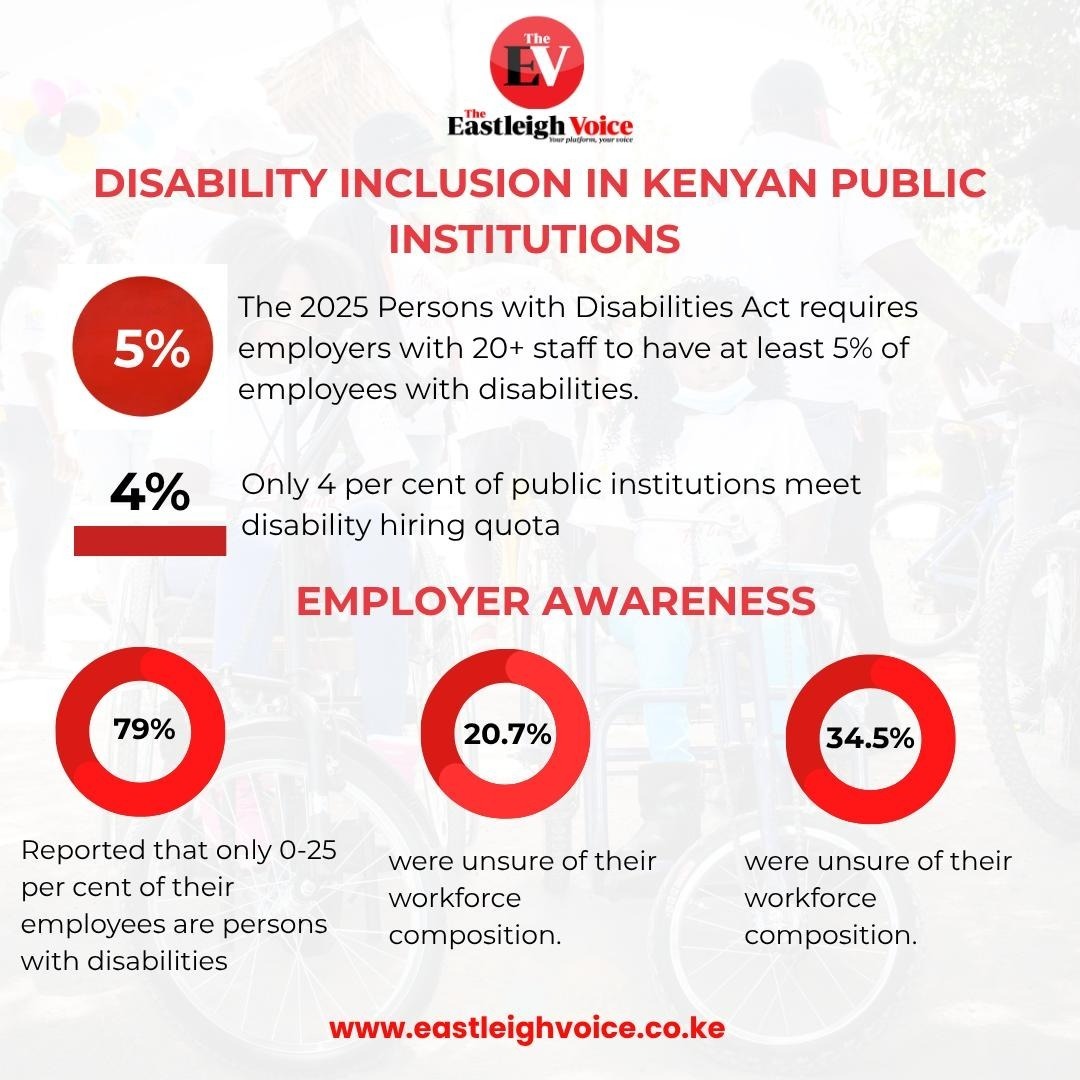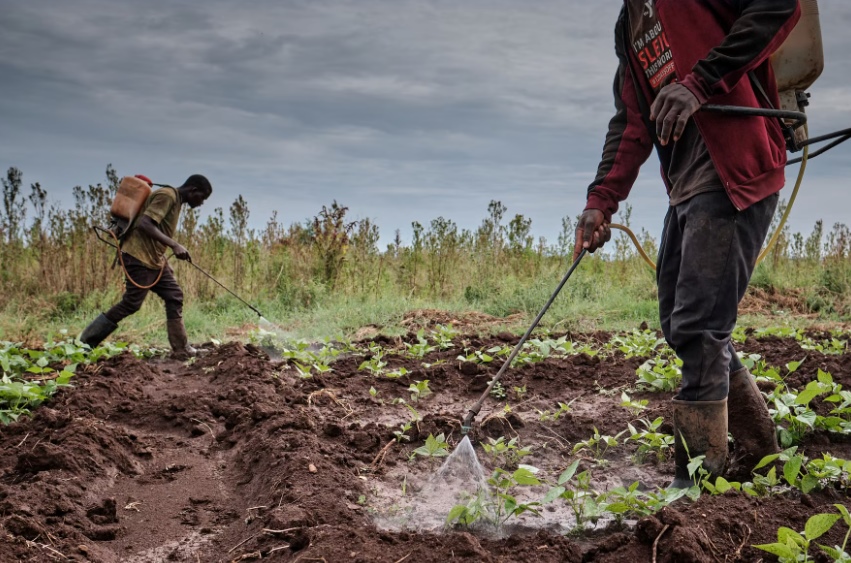Historic move as Somali parliament approves tougher anti-piracy, anti-kidnapping law

The updated law strengthens Somalia’s fight against piracy and kidnapping, protecting seafarers, boosting maritime security, and supporting global trade routes.
Somalia’s House of the People has approved the revised Anti-Piracy and Anti-Kidnapping Bill, marking a key step in the country’s efforts to strengthen maritime security and modernise its legal framework for combating organised crime.
A total of 140 Members of Parliament attended the session, where the Bill was passed unanimously with no objections or abstentions. Second Deputy Speaker Abdullahi Omar Abshirow chaired the session.
“This is a historic day for Somalia, the unanimous support reflects our shared commitment to ending piracy and ensuring our waters remain safe for all,” said Abdullahi.
Originally enacted in 1975, the law has now been comprehensively updated to address today’s security realities and the growing threats along Somalia’s coastline.
A special parliamentary committee conducted the review, examining the original legislation and submitting the revised Bill for final consideration and approval.
The update comes amid renewed piracy activity in the region. In recent months, there have been reports of attacks on commercial vessels, including a Malta-flagged ship hijacked en route to South Africa before being rescued by an EU naval force.
Lawmakers say the new legal framework will strengthen prosecution mechanisms and enhance cooperation with international partners engaged in maritime security operations in the Indian Ocean and the Gulf of Aden.
Piracy and kidnapping
The revised Bill is designed to bolster Somalia’s ability to respond to both piracy and kidnapping—crimes that have long threatened maritime safety, national security, and key international trade routes passing through Somali waters.
It also aims to align Somalia’s legal system more closely with international standards on maritime governance, the rule of law, and the protection of seafarers and other maritime workers.
Officials note the legislation will benefit local coastal communities, many of which depend on fishing and small-scale trade for their livelihoods.
By curbing criminal activity in Somali waters, the law is expected to create safer conditions for economic activity and restore confidence in the country’s maritime industry.
Final vote
Following its passage in the Lower House, the Bill will move to the Upper House for consideration and a final vote. If approved by the Senate, it will then be submitted for presidential assent before becoming law.
The adoption of the Anti-Piracy and Anti-Kidnapping Bill is part of a broader national effort to secure Somalia’s territorial waters and protect its maritime boundaries.
It also contributes to regional and global efforts to safeguard international shipping lanes in one of the world’s most strategic sea corridors, connecting the Red Sea to the Indian Ocean through the Gulf of Aden.
Somalia’s waters are a critical route for global trade, transporting goods and energy supplies between Africa, the Middle East, and Asia.
Updating the law will enhance the country’s capacity to investigate, prosecute, and deter piracy and kidnapping, while fostering closer collaboration with naval missions and maritime organisations operating in the region.
Top Stories Today











































